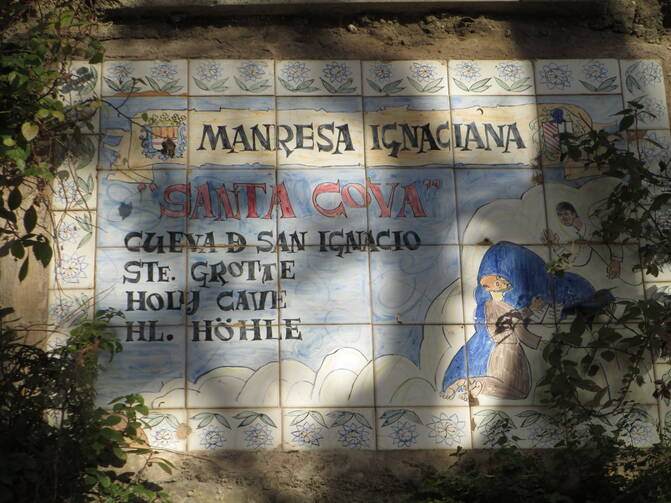This past summer, my colleagues and I had summer homework. Our principal asked us to read an excellent book, Chris Lowney’s Heroic Leadership: Best Practices from a 450-year-old Company that Changed the World. As many readers know, Lowney carries quite a varied and impressive resume. He spent seven years in the Jesuits, and then left to start a successful career at J.P. Morgan & Co. Along the way, he has written a few books, including one on the topic of medieval Spanish history (a level of productivity that makes me want to read a book titled The Best Practices of Chris Lowney).
One of the motifs of Heroic Leadership that stayed with me throughout the summer is the importance, for the early Jesuits, of cultivating a worldview – of developing a general outlook or a fundamental orientation toward the purpose of life. Early on, for instance, as Lowney describes the fruits of Ignatius’s stay in Manresa, he writes: “Finally, he [Ignatius] had developed a worldview. Or in less grandiose terms, he understood how he fit into the world and that it was not a hostile place.” According to Lowney, developing a worldview was essential for a man wanting to be a Jesuit. A worldview formed by the Spiritual Exercises was an anchor, a foundation from which all additional formation could proceed.
I’ve thought about this often with respect to my work and to those of my colleagues, and it’s occurred to me that, in today’s culture, the notion of having a worldview is a radical concept. I don’t see many people or places that are encouraging students to think of their (the students’) day-to-day thoughts in their totality, to see their individual actions against the horizon of ultimate concerns (or at least virtuous ones). I don't see many venues, outside of education, where students are invited to investigate their unspoken assumptions or articulate the principles that either are -- or are not -- motivating their decisions.
And perhaps that's to be expected: to have a worldview, or a worldview like that of Ignatius, can subvert and undermine. It is to commit to truth. It is to align oneself with something enduring and reject the distractions and trivialities of the age. Perhaps that is why the recent remarks of Ashton Kutcher were so shocking to so many. He broke the unspoken code of an "anything-goes-as-long-as-it-sells" mentality. He expressed something noble, something coherent. He expressed something like . . . a worldview.
Since reading Lowney’s book, it’s occurred to me that Catholic education, and Catholic educators, are trying to do, in part, what Manresa did for Ignatius. We are shaping and forming a student’s worldview. As we assign math problems and lecture on the Roman empire, as we work through the call of Abraham or the oddities of Holden Caulfield, teachers (along with parents) have the privilege and the task to offer students a kind of Manresa experience. And if we do our jobs well, students will find what Ignatius did: a wholeness and stability, a sort of “base camp” of convictions that will support their evolving identity and sustain them through the tempests of teenage life.








